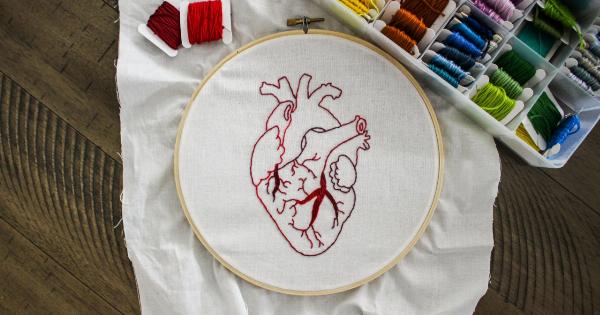The coronavirus pandemic has affected people all over the world, and the virus poses a potential threat to almost every organ in the body. One of the most concerning ways that the virus can impact people is by attacking the cardiovascular system.
In this article, we’ll explore exactly how the coronavirus affects the cardiovascular system and discuss what can be done to protect the heart and blood vessels from harm.
What is the coronavirus?
The coronavirus, officially known as SARS-CoV-2, is a respiratory virus that causes COVID-19. The virus primarily spreads through respiratory droplets when an infected person talks, coughs, or sneezes.
The virus can also be spread through contact with contaminated surfaces. Once the virus enters the body, it attaches to cells in the respiratory system and begins to replicate.
How the virus affects the cardiovascular system
Recent studies have shown that the coronavirus can have a significant impact on the cardiovascular system. The virus can cause inflammation in the blood vessels, leading to damage and potential blockages.
This inflammation can increase the risk of blood clots, which can lead to heart attacks and strokes. One study found that nearly one-third of hospitalized COVID-19 patients had cardiovascular complications.
Inflammation and damage to blood vessels
One of the key ways that the coronavirus affects the cardiovascular system is through inflammation and damage to the blood vessels.
The virus can cause endothelial dysfunction, which means the cells that line the blood vessels can become inflamed and damaged. This inflammation can make the blood vessels more permeable and increase the risk of clotting.
Risk of blood clots
When the blood vessels are damaged and inflamed, the risk of blood clots increases. Blood clots can occur anywhere in the body, but they are particularly concerning when they occur in the heart or brain.
In fact, some COVID-19 patients have experienced heart attacks and strokes as a result of blood clots caused by the virus.
Impact on existing cardiovascular conditions
People with pre-existing cardiovascular conditions are at higher risk of severe COVID-19 symptoms and complications.
The virus can exacerbate existing conditions, and people with conditions like hypertension, coronary artery disease, and heart failure are particularly vulnerable to the virus.
Protecting the cardiovascular system during the pandemic
Although the coronavirus can have a significant impact on the cardiovascular system, there are steps that people can take to protect their heart and blood vessels during the pandemic. Some of these steps include:.
- Wearing a mask in public to reduce the spread of the virus
- Frequent hand washing and avoiding touching the face
- Maintaining social distancing of at least 6 feet
- Staying physically active and eating a healthy diet to reduce the risk of cardiovascular disease
- Managing existing cardiovascular conditions with the help of a healthcare provider
Conclusion
The coronavirus has quickly become a global health threat, and the virus can have a significant impact on the cardiovascular system.
As we continue to learn more about the virus and its effects on the body, it’s important to take steps to protect ourselves and our loved ones from harm. By staying informed about the latest recommendations and guidelines, we can all work together to limit the spread of the virus and protect our health.



























